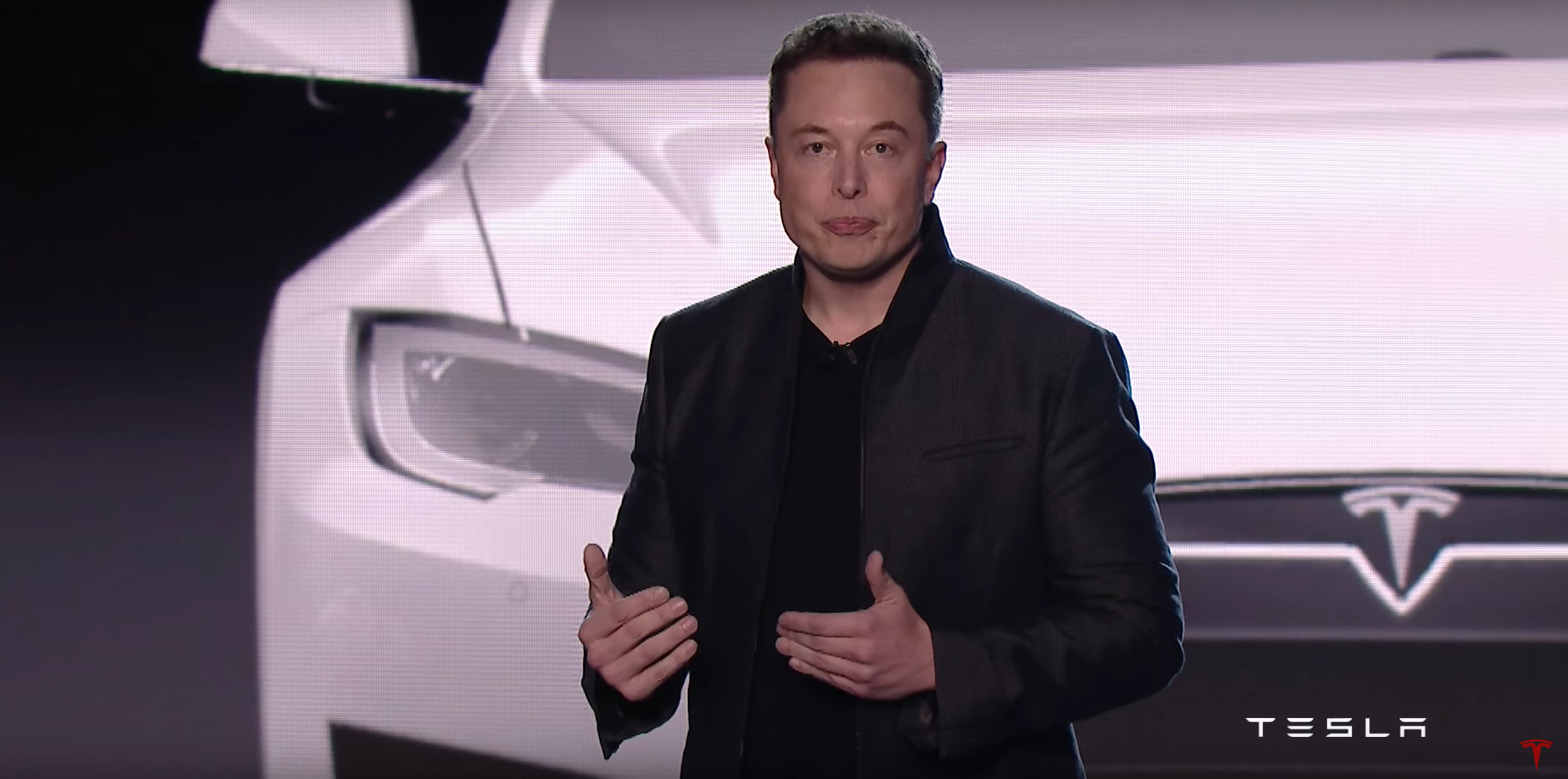

Elon Musk doesn’t tweet often, but when he does, he offers snippets of insight into his world and his mind.
Musk took to Twitter today to add more thoughts on us living in a simulation, of which he’s pretty convinced. Here’s his tweet, in which he mentions the self-generating video game, No Man’s Sky.
I recently had the opportunity to speak with theoretical physicist Brian Greene about alternate dimensions, parallel universes and things of that matter, so I couldn’t resist asking about one in particular: the simulated multiverse.
Our conversation was extensive, and it went as follows:
You’ve said before that you’re skeptical about the simulated multiverse, but has there been evidence, with the development of AI or VR, in the last half decade that has swayed your thoughts?
There’s no-, in my opinion, there is certainly no new convincing evidence that leads us to definitively conclude that we’re in a simulation. Instead, there are interesting theoretical arguments which make that possibility, at least, scientifically plausible.
But being plausible, being possible is a far cry from being definite. And with something as extraordinarily far out and crazy-sounding as “we’re living in a simulation”, to paraphrase Carl Sagan, we’ll need some extraordinary, monumental evidence to really believe it. And I would say we don’t have anywhere near that evidence today.
So, what kind of evidence would you need to see?
Some of the evidence would be circumstantial. You know, if we can actually build the kinds of simulations that would be necessary for the conclusions to hold, simulations in which within the simulations we, as creators of the simulation, can see that there are sentient, cognizant entities within the simulation, for whom that simulation seems to be as real to them as the reality that we know about is real to us. That would be an interesting piece of circumstantial evidence if we could do that, or if any alien being could do that.
If we get visited in the future, and they show us that they’re able to do that, then that would also be circumstantial evidence that maybe we are merely another example of what we’re witnessing in the simulation.
People have come up with other, you know, more exotic ideas, looking for glitches in reality, sort of like in The Matrix when the black cat walks by twice. Remember that scene with Neo? So, looking for mistakes. I don’t buy that at all because a very clever error-correcting simulation could simply wipe clean the memory of any such glitch after correcting it. But for me personally, if we could actually see the kinds of simulations that would be required, if we could build them, then I’d start to really take the idea more seriously.
Greene continued by questioning not only the ability of our technology, but the ability of humans, real or simulated:
Musk continues to opine on the subject, but it’s important to note that this theory is just that: a scientific theory. It’s met with heavy skepticism by many, including Greene and others in the field of theoretical physics.
Does Musk have access to simulations we don’t? Maybe. But until he shows us what he’s got, many will continue believing that the world is real and that some Sims gamer isn’t controlling all of this.
